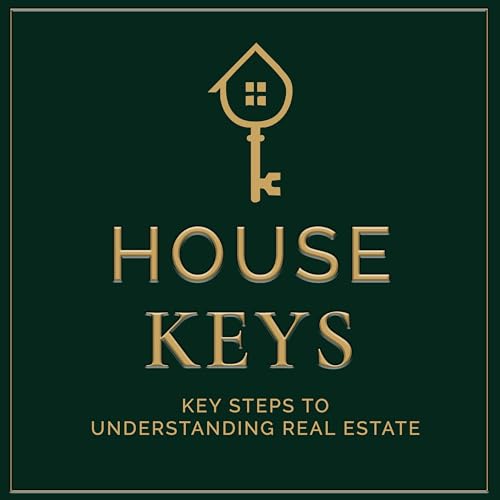
What is Earnest Money?
カートのアイテムが多すぎます
カートに追加できませんでした。
ウィッシュリストに追加できませんでした。
ほしい物リストの削除に失敗しました。
ポッドキャストのフォローに失敗しました
ポッドキャストのフォロー解除に失敗しました
-
ナレーター:
-
著者:
このコンテンツについて
💵 What is Earnest Money?
Earnest money (sometimes called a good faith deposit) is the money a buyer puts down when making an offer on a home to show the seller they’re serious about purchasing.
It’s like a security deposit for your offer — proving you’re committed while the sale process moves forward.
📊 Typical Amount
-
Usually 1%–3% of the purchase price (but can be higher in competitive markets).
-
Example: On a $300,000 home, earnest money might be $3,000–$9,000.
🏦 Where Does the Money Go?
-
It’s not paid directly to the seller upfront.
-
It’s held in an escrow account (by a title company, escrow company, or broker).
-
At closing, the earnest money is applied toward your down payment or closing costs.
⚖️ What Happens to It?
-
If the deal closes → It goes toward the buyer’s purchase costs.
-
If the buyer backs out for a valid reason (like issues found during inspections, financing falls through, or appraisal problems under contract terms) → The money is usually refunded.
-
If the buyer backs out without a valid reason (outside the contract protections) → The seller may keep the earnest money as compensation for taking the home off the market.
🔑 Why It Matters
-
Shows the seller you’re committed.
-
Strengthens your offer in competitive markets.
-
Protects the seller from wasted time if a buyer walks away without cause.
👉 In short: Earnest money = the buyer’s “good faith” deposit that says, “I’m serious about this purchase,” and it eventually gets credited back to the buyer if the sale goes through.
House Keys is brought to you by
Mountain Retreat Realty Experts
https://mtnretreatrealty.com
House Keys is produced by Birdman Media™
This Episode is additionally supported by the support of the following sponsors
Buffalo Bills Tavern and Museum / Buffalo Nickel Brewery and Grill



